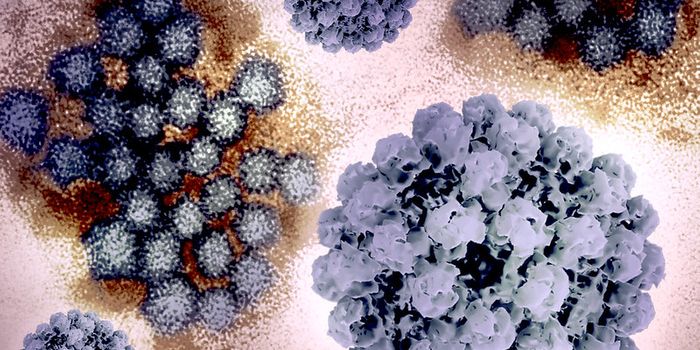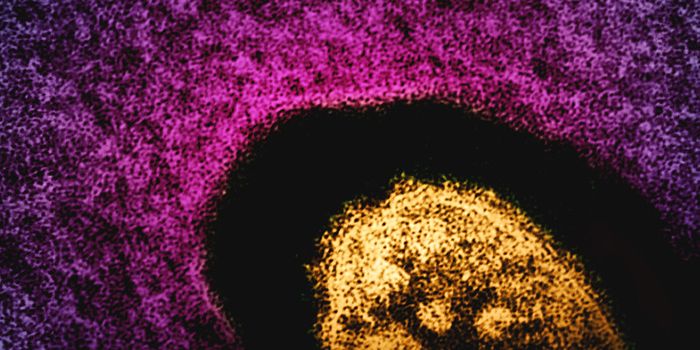Scientists Diagnose Rare Condition Affecting Vitamin B12 Processing
A new discovery is making scientists rethink everything they know about rare hereditary diseases. One genetic mechanism found to cause errors in vitamin B12 metabolism may also be responsible for causing more than 40 other rare diseases. From McGill University Health Centre, scientists report the details of this finding.
Rare hereditary diseases only occur when someone inherits two recessive mutations, one copy from each parent… or not. In a small population of people with a rare disease characterized by an inability to process vitamin B12, scientists found that the condition can arise when there is just one mutation on a single copy of the gene.
“This can result in a serious genetic disease that can cause anemia, neuro-cognitive impairment, and even early death," explained lead author Dr. Jean-Louis Guéant.
The condition, called “cblC,” usually occurs when both copies of a gene called MMACHC are mutated. But researchers discovered an epigenetic mechanism called “epimutation” or “epi-cblC,” where two genes adjacent to MMACHC silence the non-mutated copy of the gene. Together, the mutation on one copy and the silencing of the other cause cblC.
"This epimutation observed in patients causes MMACHC to shut down and become inactive,” explained co-author Dr. David Rosenblatt. “This has the same effect as an actual mutation in the gene itself.”
Mutations affecting MMACHC is the most common of the inborn genetic errors of vitamin B12 metabolism. Inborn genetic errors are those that are inherited and prevent the body from effectively making energy out of food. Vitamin B12 promotes nervous system function and the creation of red blood cells. Foods like dairy products, eggs, red meat, chicken, fish, and shellfish are all sources of vitamin B12; the body cannot make it on its own.
Epigenetic mechanisms like “epi-cblC” can be caused by environmental factors like diet, stress, and exposure to toxins. Researchers from the present study have identified this mechanism in European and North American patients with the vitamin B12 disorder.
Rosenblatt believes that the same mechanism could be the cause of other diseases as well.
In the future, Guéant and the rest of the research team plan on investigating epimutations in individuals with all kinds of severe cases of rare diseases, looking for new ways to develop treatments.
The present study was published in the journal Nature Communications.
Sources: McGill University Health Centre, National Institutes of Health Office of Dietary Supplements









